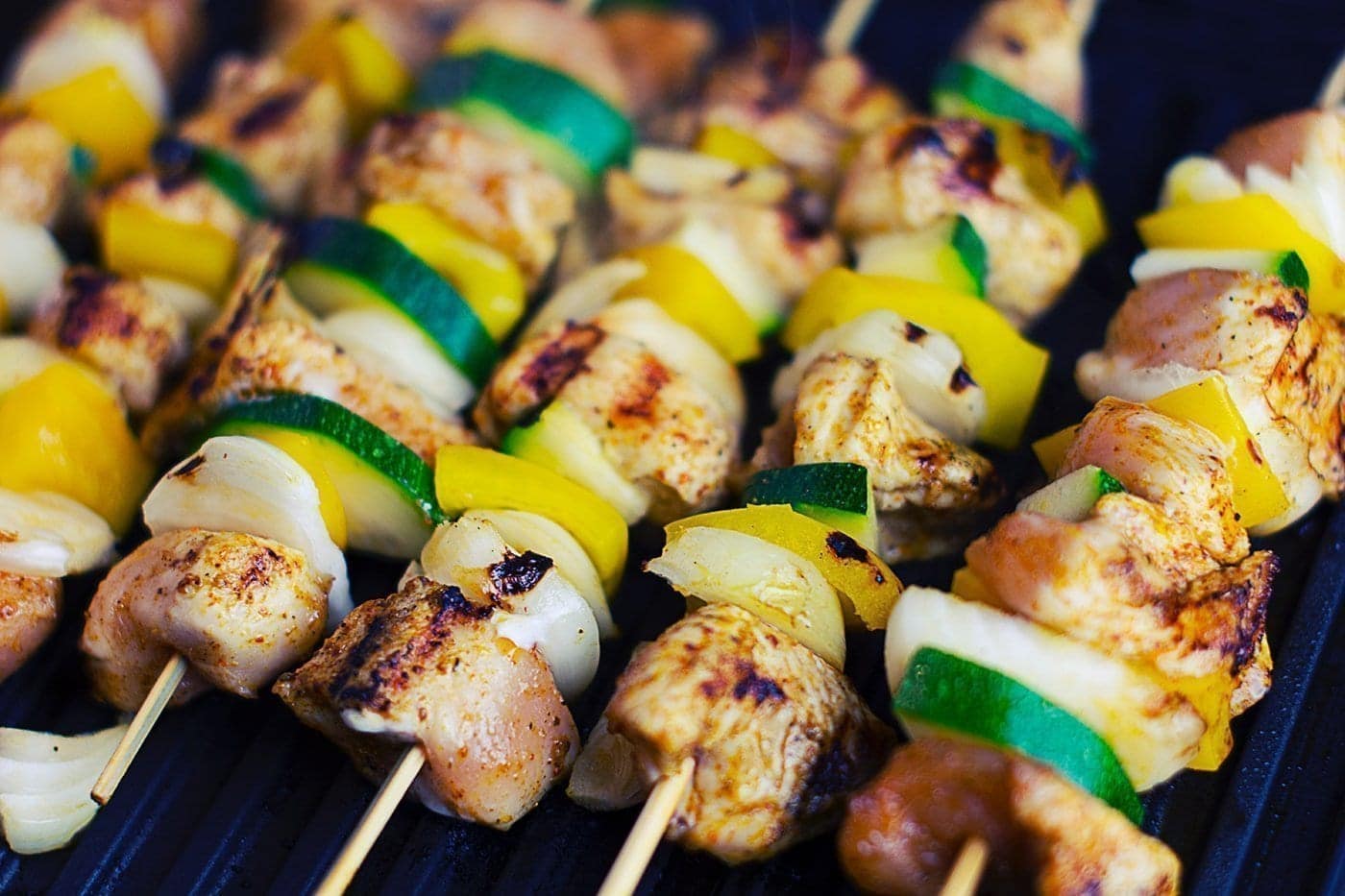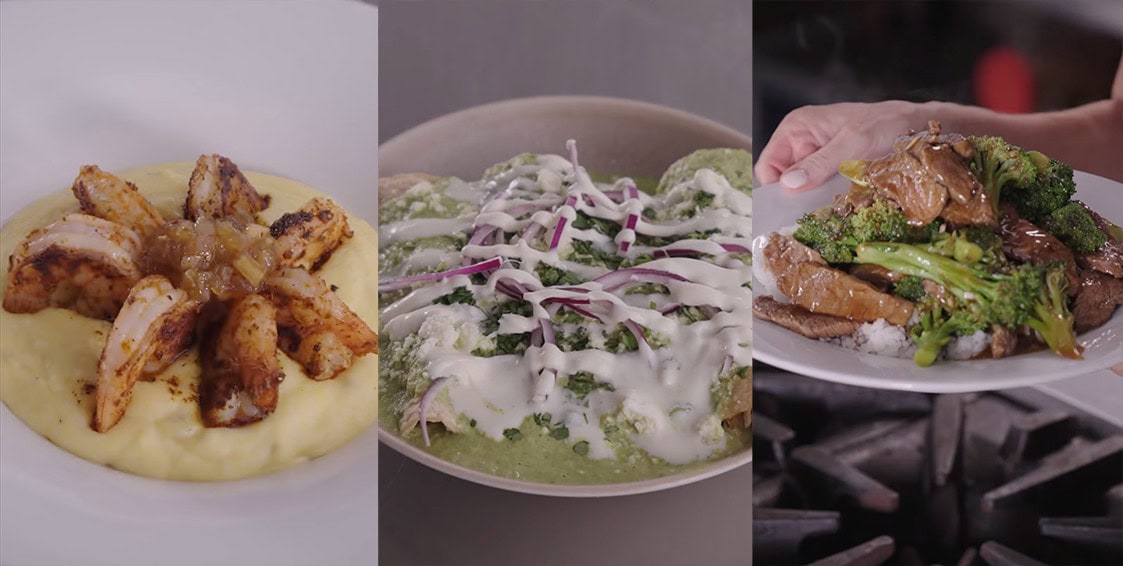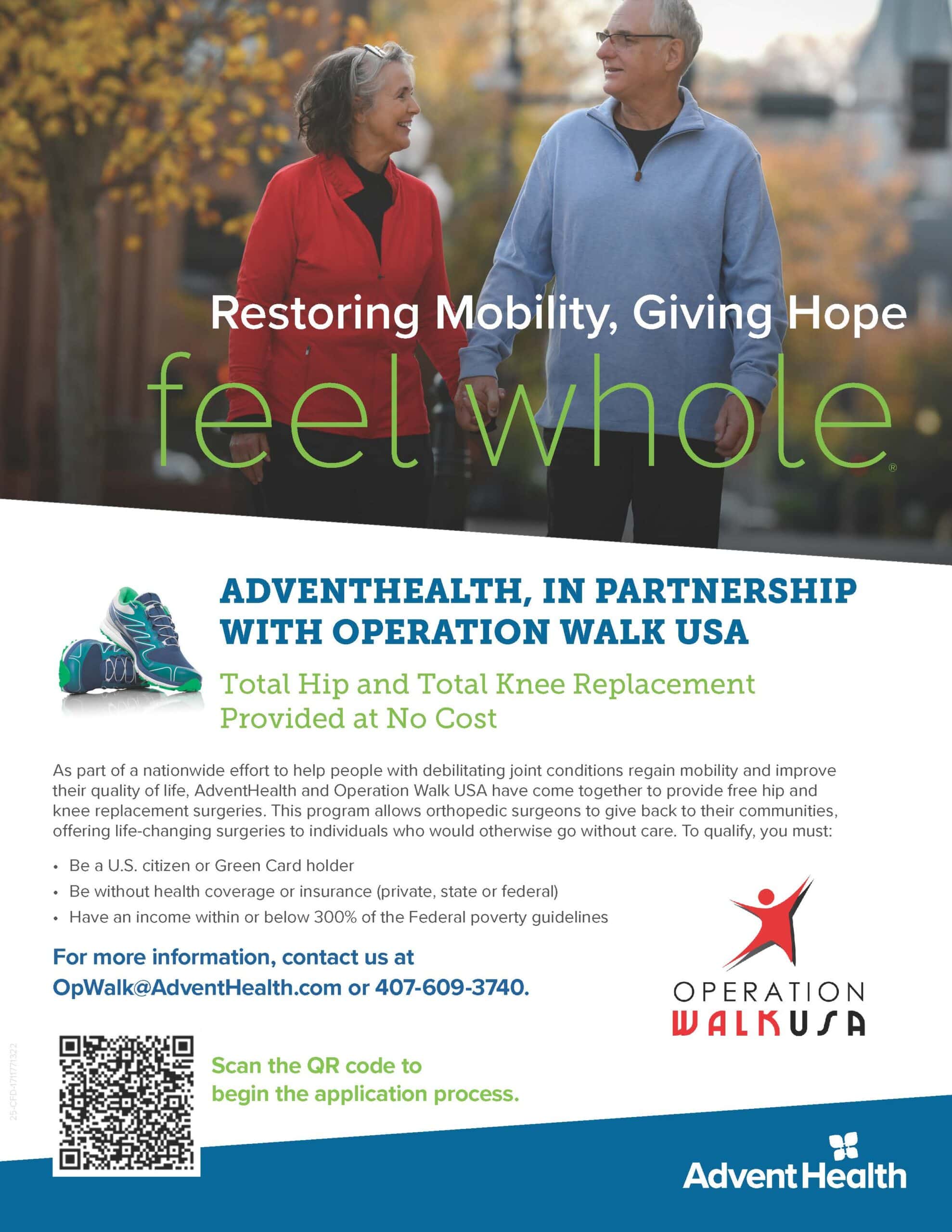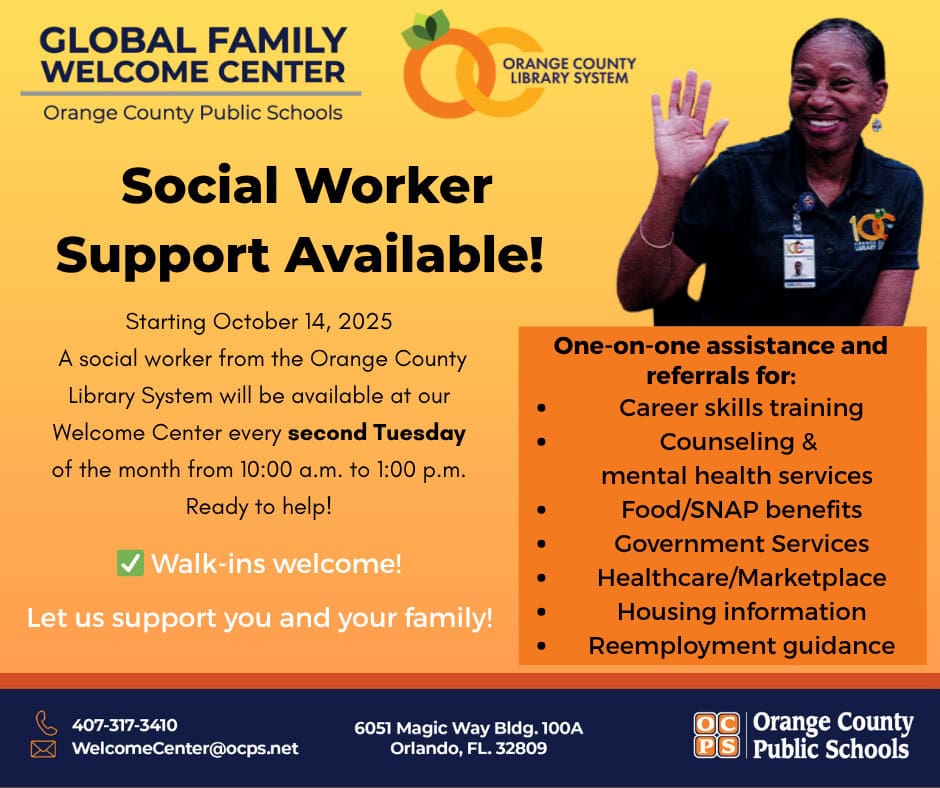Summer Food Safety Tips

Summer Food Safety Tips
Summertime = fun! Are you grilling out, camping, boating, or even all of the above? We all know that delicious food is a major part of the mix. But did you know that the rate of foodborne illness increases over the summer months? According to the USDA, it’s because bacteria multiplies faster in warm temperatures. So, as the temperatures spike in Central Florida, keep your loved-ones safe by paying extra attention to food handling and safety.
Handling Food
A quick and easy way to remember how to handle food safely is with these 4 steps provided by the CDC: Clean, Separate, Cook, Chill.
Clean:
- Wash your hands before, during, and after preparing food, and before eating for at least 20 seconds. For kiddos – encourage them to sing a song like “Twinkle Twinkle Little Star” or the ABC’s, while washing their hands to show them how long it should take.
- Wash all utensils, cutting boards, pots, pans, and plates with hot, soapy water.
- Rinse fresh produce under running water before preparing.
Separate:
- Use separate cutting boards and plates for raw meat, poultry, and seafood.
- When grocery shopping, keep raw meat, poultry, seafood, and their juices away from other foods in the shopping cart and shopping bags.
- When at home, keep these foods separated in the fridge as well.
Cook:
- Reading the internal temperature is the only way to know if germs inside cooked food are killed. You can do this by using a food thermometer.
- Check out this chart for a list of food and the appropriate temperature to cook them at.
Chill:
- Your refrigerator should be kept at 40 degrees F or below.
- Never thaw food on the counter. Thaw food in the fridge, in the microwave, or in cold water to ensure that bacteria will not spread to parts of the kitchen at room temperature.
- Refrigerate perishable food within 2 hours, or 1 hour if the temperature is above 90 degrees F.
Food Safety While Camping, Hiking, and Boating
Getting out in nature doesn’t mean you have to risk the chance of foodborne illnesses! Just practice food safety protocols from the USDA, and you’ll be good to go.
- Keep everything clean: always bring soap and water with you for washing dishes and utensils.
- Bring safe drinking water: don’t drink water straight from a lake or stream. Bring bottled or tap water if you can. If you are out of water and in a pinch, use purification tablets or water filters to clean water from the environment. While camping, you can boil water over the campfire to purify.
- Pack mostly non-perishable, light food: food like peanut butter, canned meat, dried noodles and soups, and dried fruits and nuts will be light enough to carry but still offer nutrients while you’re enjoying the wilderness.
- Cold food: If you are bringing cold food on your adventures, be sure to keep it chilled in a cooler or lunchbox with gel cold packs. If cold food reaches room temperature (about 70 degrees F), discard after 2 hours. Also discard after 1 hour if cold food is exposed to temperatures of 90 degrees F or above.
Food Safety at Buffets and Outdoor Parties
The worst party crasher out there is a foodborne illness. The last thing you want when you’re hosting a buffet is for your guests to get sick! Follow these tips from the CDC to keep everyone feeling good.
- Serve food safely: use shallow serving containers, and if you prep in advance, store those containers in the fridge.
- Keep hot foods hot: 140 degrees F or warmer is the safest way to serve hot food. You can use slow cookers, chafing dishes, and warming trays to keep food hot.
- Keep cold foods cold: 40 degrees F or lower is the safest way to serve cold foods. Use small trays, place dishes in ice, and replace often.
- At picnics with no refrigeration, use coolers with ice packs to store food.
- 2-hour rule: discard food after 2 hours in room temperature (70 degrees F).
- 1-hour rule: discard food after 1 hour at temperatures of 90 degrees F or warmer.
Staying Safe in the Summertime
Don’t let foodborne illnesses keep you from having summer fun! Remember to Clean, Separate, Cook, Chill, and you’ll be ready to get outside, entertain, and enjoy delicious summer food
We Want to Hear from You!
What is your favorite food to prepare in the summer, and what you do to serve it safely?













